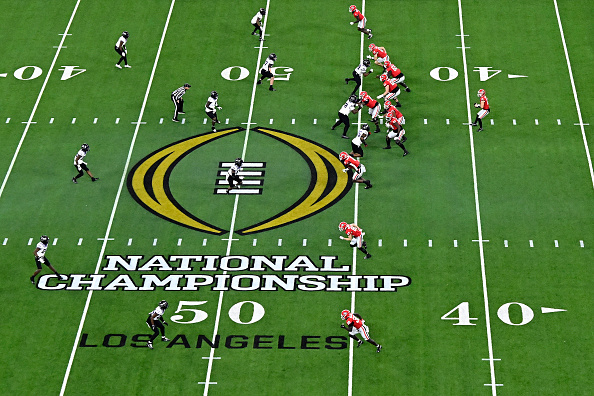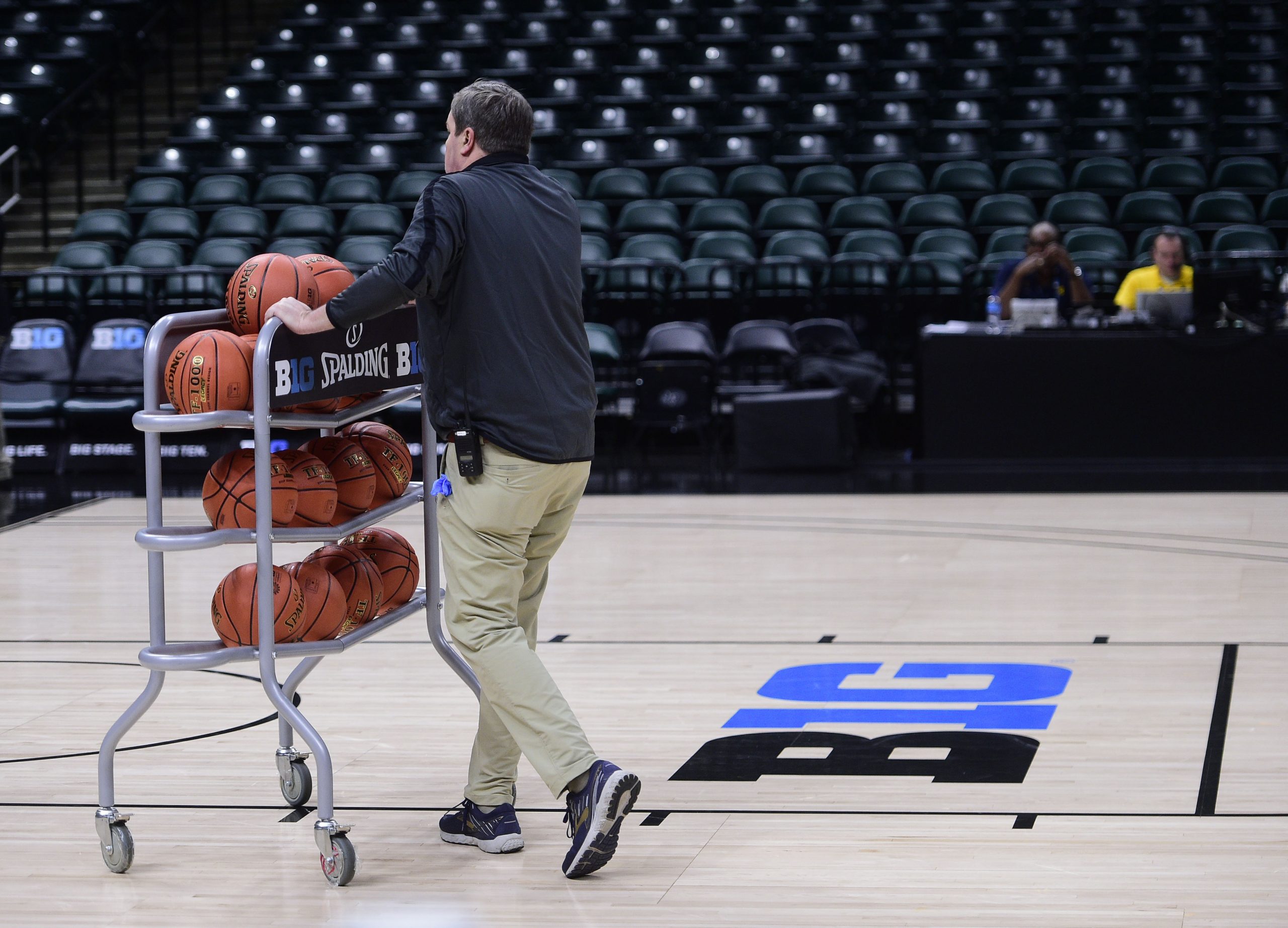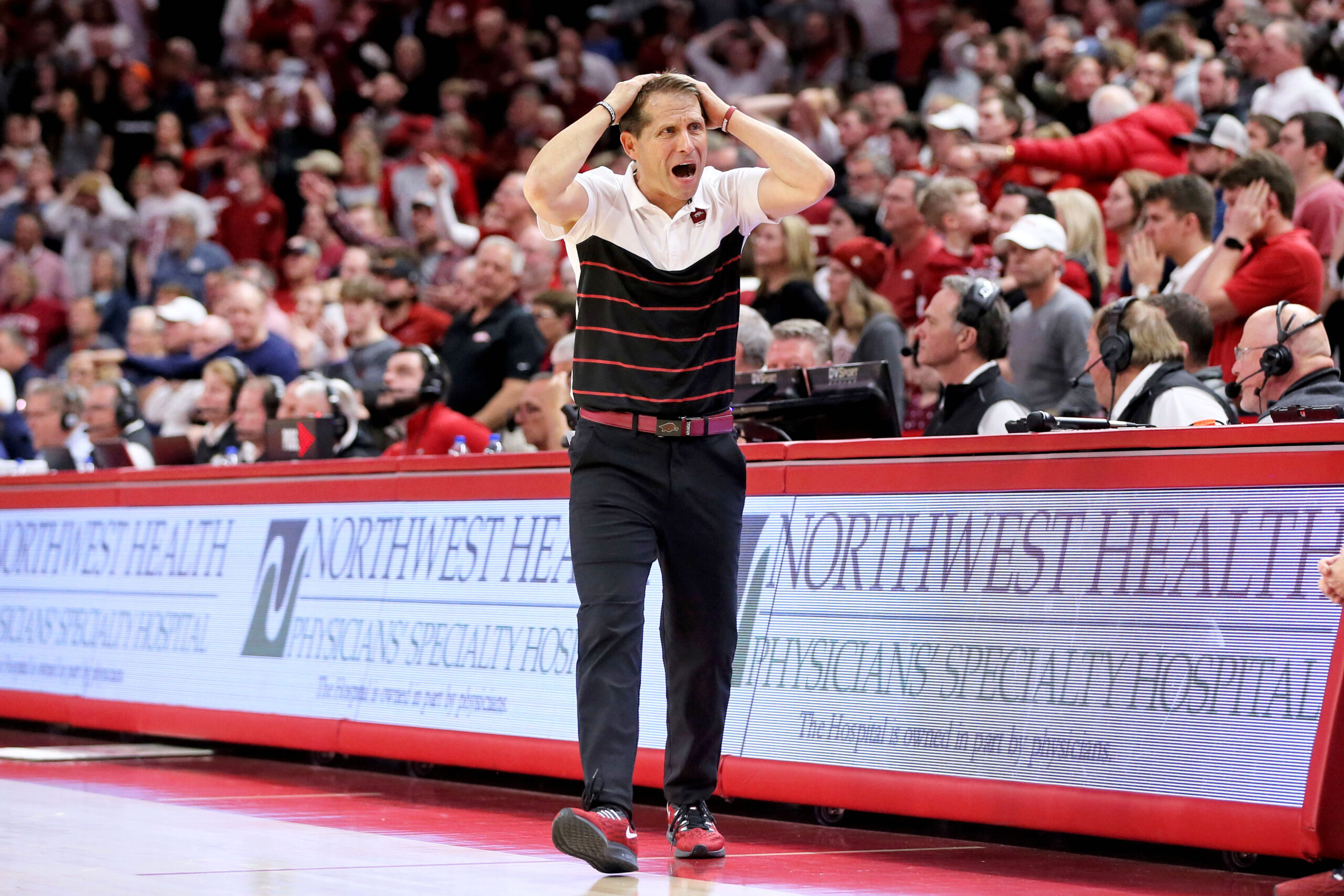Gabe Botero | September 24th, 2019
I took a casual poll on whether or not college athletes should be paid or compensated when their respective university uses their image or likeness. The results were not as I expected. Out of about 100 people who responded, 72 of them said that college athletes should not be paid. This sample included people who had played and who were passionate about college athletics, people who were recently out of college and people who have been graduated for a long time. I personally voted that they should be compensated for their image being used for marketing or recruiting and in a way, they are with scholarships. But we all know that scholarships can only help so much.
California recently passed a bill that would change the way an athlete is represented. SB 206 wants to pay players for using their image or likeness, as long as they attend a California school. But this begs the question of should athletes be given more than just scholarships?
Having an incredible run in the March Madness tournament can drastically improve a “no-name” Division I player’s reputation and thus increase their availability to make some extra money on and off the campus grounds. In the end, does the player value money towards their education or money in their pocket? In other words: Money now or money later? I want it to be noted that I think either of these options could revolutionize the way someone lives and can have a lasting impact in more ways than just one. I’ve found that the future doesn’t like to be predicted or at least I’m not good at it. This article is all about college athletes, specifically basketball because that is what I’m familiar with. It can be argued that college football can result in a very different ending, but I’ll keep to what I know: Basketball.
In layman’s terms, here is what the bill (SB 206) says:
- Athletes in California are allowed to receive compensation for the use of their image and likeness as well as the right to have an agent to represent them.
- Furthermore, the legislature intends to develop programs so that the athletes are not exploited under this rule. They also want to expand this coverage to students attending community colleges or 2-year programs.
When the bill passed you can look at who opposed and supported the bill. It’s interesting to note that the only opposition to the bill came from universities or colleges in California. This should be the greatest takeaway. It almost seems as if the colleges know that they could be in trouble if their players get paid.
Here’s the link if you want to do your own deep dive into the legal jargon. https://leginfo.legislature.ca.gov/faces/billTextClient.xhtml?bill_id=201920200SB206
The NCAA responded like we all knew they would, with some sort of retaliation or sanctions. They essentially said the California universities would not able to participate in tournament activities, most notably March Madness. Interestingly enough, they can still participate within the regular season.
There was no winning scenario for the NCAA as it seems to be with that organization. By approving this situation, they run the risk of players being taken advantage of, even more so than they already are. Their job is to at least somewhat protect the players, and this adds in too many uncontrollable variables that the NCAA can’t control. They would also lose control of the players and their respective universities. By not allowing players to be paid in times past, then not being able to refute state laws, they show their weakness and remove a lot of the power that they have held for so long. This bill is groundbreaking because it shows that NCAA might not be as impenetrable as we all once thought it was.
Unfortunately, there was no way that the NCAA could have said no to this bill, they simply lack the power and authority. If they did, there would be riots in the streets with clamors of how the NCAA is still trying to do whatever they can to limit the financial opportunities of the players they hold so dear. Honestly, I could see a collegiate version of the NBA lockout. Not a good look whichever way you slice it.
Here’s how it would affect athletes playing under the jurisdiction of this bill.
The biggest impact is that they can’t play at the end of the season March Madness tournament and this is where many players who aren’t household names become popular. By limiting college athletes attending California schools from participating in the tournament, their chances of media attention is decreased. California typically does not have strong basketball programs at least on the collegiate level so they’re already at a disadvantage for media coverage. Players want to go to the big-name schools with the big-name coaches and the big banners hanging from the rafters because that’s who reporters and scouts follow. Right now, those schools are not in California.
The players would not be able to showcase their skills and for the players who don’t have a lot of media attention because they go to a smaller school, this could prove to be detrimental to the longevity of their carrier.
But on the other hand, the players could get paid and that’s the whole point of the bill. They wouldn’t have to have the popularity that other players have because they are controlling their own image and coverage. The bill doesn’t regulate the media, it regulates the amount of money that a player can earn as an athlete. This is something that, legally and publicly, has never happened in the NCAA. From a player’s perspective, maybe it’s worth more to be paid than to be recognized by reporters and scouts watching the games.
The bill also offers up the availability for the player to be represented by an agent. With an agent comes the chance to make appearances and make even more money. Unfortunately, this also gives more opportunities for the players to be taken advantage of via a bad appearance or a bad agent. A player’s image can be quickly changed based on what they say or what they do not say. With more chances to make appearances comes more chances for the athletes to be trapped by what they say. Their choices would be under the magnifying glass even more so than it already is.
Another thing to consider is would the athlete stay longer at college if they get paid? It would make sense that the players would view their time as a four-year paid training session so that they could make the jump to the NBA or choose to continue with their career. Many students already have working positions while they are at school; this would just be a job on a larger scale. As if playing collegiate athletics wasn’t enough like a job.
But California isn’t the only state affected by this. Every other state that does not begin to implement this same strategy could lose their recruiting advantage. It’s hard to predict how a college student would choose when offered scholarship money or personal money and it’s even harder to give them the benefit of the doubt. I was a college student not too long ago and if I could make more to pay for my education and then have some extra money too, I would take that opportunity.
In order to compete with this, non-California states would have to include more amenities in their recruiting packages. The NCAA already stands firmly – that amenities other than scholarships are not approved by the NCAA and has given out sanctions accordingly. That being said, these schools might have to be a little creative and quite frankly a little sneakier to compete with players having the chance to be paid.
But even then, why wouldn’t the other states pass a bill of their own? Well, they have and I think that speaks on how the states would much rather have the control over the NCAA. States that have begun the process of formulating their own version of the “Fair Pay to Play” bill include South Carolina, New York, and Washington. Each state’s bills have different nuances and details and it would be up to the athlete to decide which plan fits the best for them. Sounds like I’m comparing streaming services doesn’t it?
The core of this discussion revolves around the athlete and how they want to proceed with their career. Each athlete is an individual and should retain the right to act in a way that would best help them succeed in their own way. I won’t sit here and argue that one position is better than the other because there isn’t a right answer; only the athlete can make that call.
For the first time in a long time, the collegiate athlete might come before their university. But at what cost? The “Fair Pay to Play” bill and its subsequent iterations will no doubt be revolutionary but only time will tell what ramifications that it will have on collegiate sports as a whole.
Note: There are many more reasons on why athletes either should or should not be paid and while this article has plenty of bias there are still arguments that could be made. Personally, I would love to discuss the other opinions further and I’m all ears to having a respectful discussion.
Questions and comments?
thescorecrowsports@gmail.com
Follow Us on Twitter @thescorecrow
Follow Us on Reddit at u/TheScorecrow
Follow Us on Facebook at The Scorecrow
Follow Us on Instagram at The Scorecrow
Facebook Group where you can read and post articles at The Scorecrow
Reddit Group where everyone can post without fear of being banned at The Scorecrow
Follow Gabe Botero on Twitter @cgbot7
Main Image Credit: [getty src=”1129134439″ width=”594″ height=”395″ tld=”com”]






